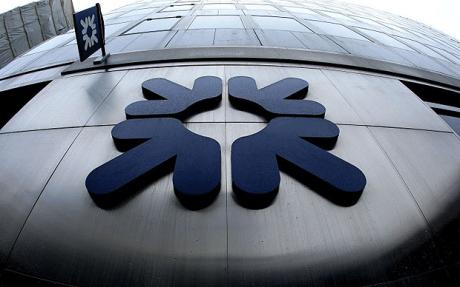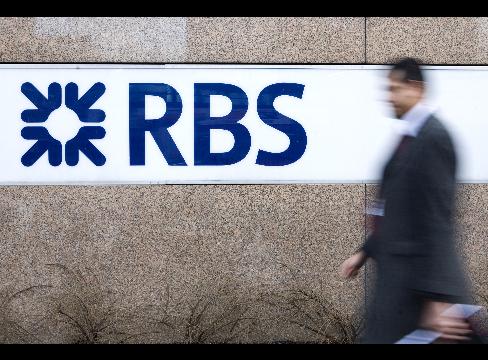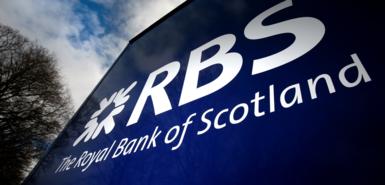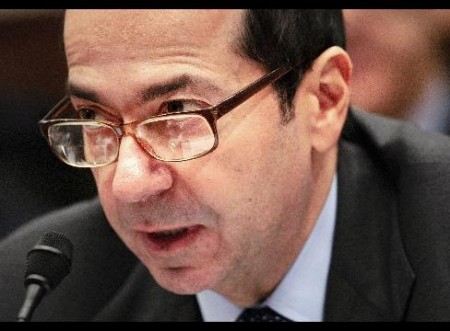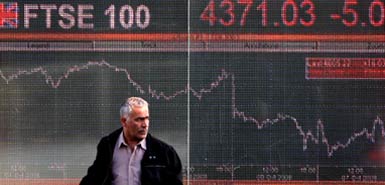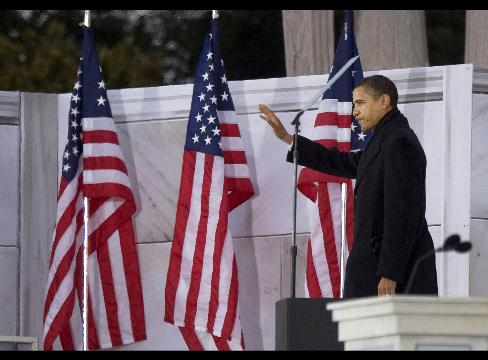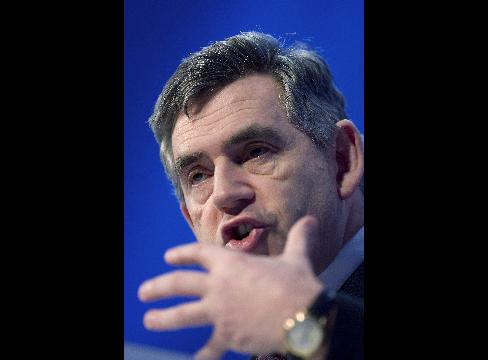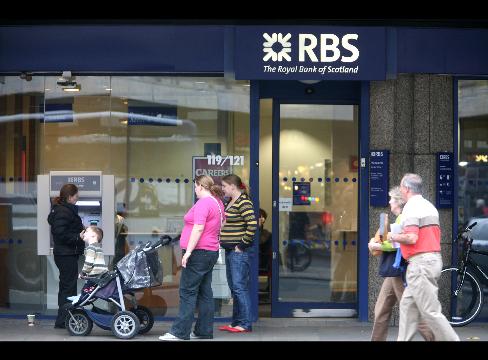The U.K. is in ‘unbelievable’ bad shape:
– Britain’s AAA credit rating threatened by scale of bank bail-out
– Bank of England wants to print more money
– Britain faces £100bn cut in spending according to ‘Bankrupt Britain’ report
– Alistair Darling on BBC’s Newsnight:
“The problem was that last October the banking system was facing imminent collapse,” he said. “We had no alternative but to intervene quickly.We had a matter of days and then hours to stop the entire banking system collapsing. Since then many other countries have done the same thing. The alternative was to let HBOS go down and last October [at such a critical point] the damage would not have stopped there.”
– ‘This is the worst recession for over 100 years’:
‘Surpassing even the Great Depression of the 1930s’
Ed Balls, the PM’s closest ally, warns that downturn is ferocious and says impact will last 15 years
– Jim Rogers: ‘Sell any sterling you might have; It’s finished’
– Jim Rogers: Now it’s time to emigrate, says investment guru
Prepare yourself! Do not rely on your government and the Bank of England.
Royal Bank of Scotland and Lloyds TSB, the two banks bailed out by the Government, are to add between £1 trillion and £1.5 trillion to the public debt, the equivalent of between 70 and 100 per cent of GDP, the Office for National Statistics indicated this morning.
Britain’s public sector net debt is already a record high, hitting 47.8 per cent of GDP in January, official figures show. This is the highest level of debt recorded since the ONS started recording data in 1993.
Read moreBailed-out banks to add £1.5 trillion to public debt
